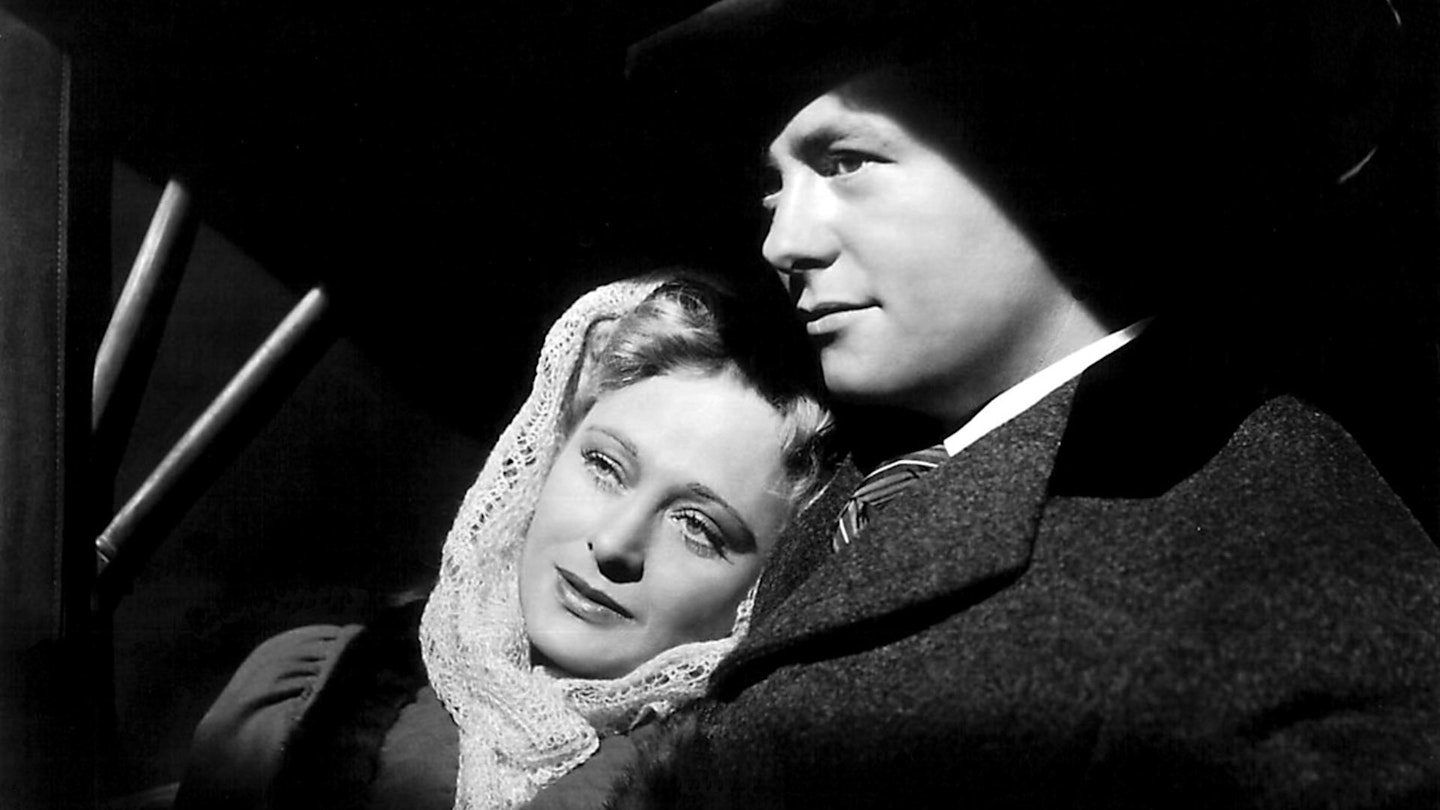Kane enjoys a reputation as the greatest of incomplete masterpieces, a film hacked to bits and stitched back together like
a celluloid Frankenstein’s creature by philistine studio bods. Indeed, this adaptation of novelist Booth Tarkington’s saga of a prominent Midwestern family from the 1870s into the 20th century was a far more personal project for Welles than Kane (that being more of an aesthetic exercise to demonstrate his brilliance), making those hacks all the more painful.
Tarkington’s Pulitzer Prize-winning book struck many chords with Welles, himself the Midwestern son of a wealthy inventor (like Joseph Cotten’s character, Eugene Morgan). In fact, he suspected that Tarkington, a friend of Welles’ family, based the spoilt brat and “princely terror” Georgie Amberson Minafer on him — he, too, was called Georgie as a child.
Yet, despite it clearly being close to his heart, it’s long been said Welles himself was at least partly to blame for the final cut betraying his vision. While RKO suits were fretting that Ambersons was too long, too dense and too sombre, Welles was trying to supervise its editing by telephone and telegram while occupied in Brazil with the eventually abandoned It’s All True. That, it turns out, was not entirely his choice. According to film writer Bill Krohn (see Extras box-out), millionaire politician and RKO shareholder Nelson Rockefeller propelled Welles to Brazil in the interest of U.S.-South American wartime relations. Whether he was doing his patriotic bit, or simply a bit green in the ways of Hollywood (Welles was still only 26, remember), it was a lifelong source of chagrin to him to ponder that if he had stayed obdurately on the scene in LA to fight for the unprecedented creative-control arrangement he’d negotiated
in 1940, The Magnificent Ambersons would be a very different picture.
Still, what makes Ambersons not the undoing of Orson but another testament to his audacious talent is that the released version still has vintage Welles magic — enough for the film to endure as an unfinished American classic of change, longing and loss. Even mutilated, the movie’s grace, cinematography and performances denote a superior achievement. Among the dazzling highlights are a glittering ball, a party outing in the snow and visually unforgettable encounters with love and death in the family’s darkening mansion.
Alas, there will never be a ‘director’s cut’ DVD reconstruction. After cuts, re-editing, re-shoots and the tacking on of a new, more uplifting ending were done behind his back, 50 minutes of Welles’
own last cut were destroyed in his absence to prevent any further changes.
Could it have been greater than Kane? We’ll never be sure, but because it’s a warmer film that deals as much with the heart as with art, it’s a beauty even as it is.
